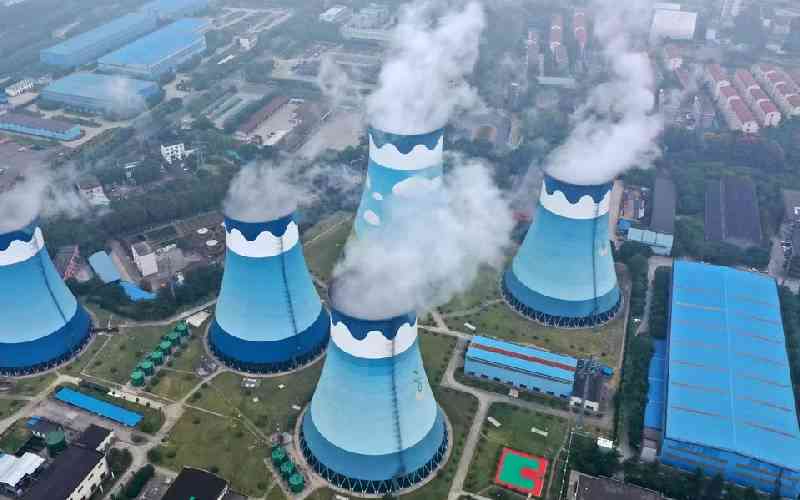×
The Standard e-Paper
Kenya’s Boldest Voice

As Europe heads into winter in the throes of an energy crisis, offices are getting chillier. Statues and historic buildings are going dark.
Bakers who can't afford to heat their ovens are talking about giving up, while fruit and vegetable growers face letting greenhouses stand idle.